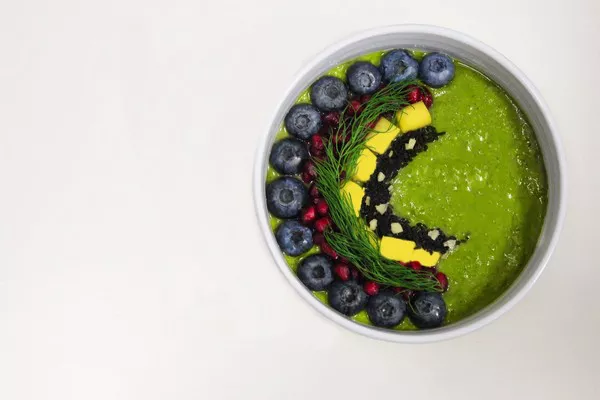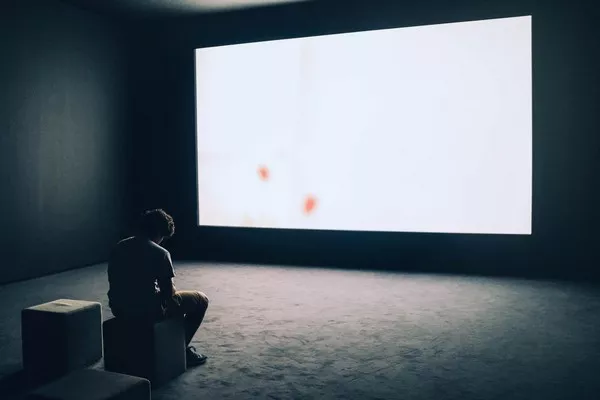Social media platforms, particularly TikTok, have played a significant role in democratizing discussions about mental health. However, experts warn that the information shared on these platforms is not always reliable, especially when it comes to conditions like Attention Deficit Hyperactivity Disorder (ADHD).
A recent study published in PLOS One sheds light on the potential risks of self-diagnosing based on TikTok content. The study examined the 100 most popular TikTok videos tagged with #ADHD and found that fewer than half of the claims made in these videos were consistent with the diagnostic criteria outlined in the American Psychiatric Association’s Diagnostic and Statistical Manual of Mental Disorders (DSM). The DSM is the standard reference used by clinicians to diagnose and treat mental health conditions.
The study’s authors, led by Vasileia Karasavva, a graduate student at the University of British Columbia, enlisted two clinical psychologists to evaluate the accuracy of these videos. The psychologists rated each video on a five-point scale, where a rating of one indicated that the video could be harmful or misleading, and a rating of five signified the video was trustworthy without reservations. Less than 50% of the videos were deemed accurate, and none received a perfect score.
To further understand the impact of these videos, the researchers showed the five most and least accurate videos to 843 undergraduate students. The students rated the least accurate videos higher than the clinical psychologists did, but they were less likely to recommend these videos as a form of educational content. This suggests that while young adults may critically engage with the videos, they do not always do so in a way that aligns with clinical standards, which could lead to misunderstandings about ADHD and other mental health conditions.
Karasavva acknowledges the appeal of seeking mental health information on social media, particularly for individuals who may not have access to traditional mental health care. “Mental health support has been gatekept for most people,” she says. “Social media is democratizing access to this information.” Many TikTok creators share their personal experiences with ADHD and other conditions, often without the intent to mislead their audience.
However, Karasavva stresses the importance of verifying the credibility of the sources providing mental health information. She encourages anyone seeking support to consult a licensed therapist, especially if they are able to do so. “People need to consider the impact that the content they consume has on their own mental health,” she adds.
Experts also warn that relying on social media for mental health information may increase the risk of exposure to unverified treatments or products that claim to address ADHD but lack scientific backing, which could be ineffective or even harmful.
While TikTok and other platforms have created a sense of community for people with ADHD and other mental health challenges, professionals advise caution when using social media as a primary resource for diagnosis or treatment.
For more on mental health and social media, listen to the latest episode of Short Wave on Spotify and Apple Podcasts.
Related Topics
































